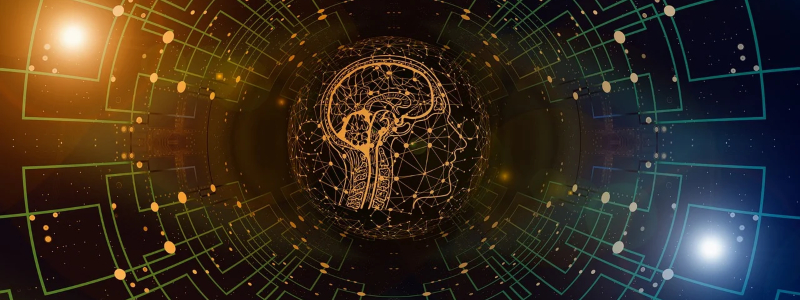
Artificial Intelligence and Intellectual Property: What do we need to know?
Nowadays, no one can say that they have not heard the words “Artificial Intelligence” in any field, as this technology has impregnated almost all areas of our lives. And as far as law in general, and intellectual property in particular, it has been no exception, and we in the legal world must be aware of its implications, risks and limitations.
The first aspect to take into account is whether or not we should rethink the concept of author, given that before the advent of this type of system, we only knew human beings as those with creative capacity.
Nowadays, this has been questioned to some extent, especially when we look at systems such as ChatGPT, Midjourney or Stability AI, and the types of results they are capable of generate once we have made a request or entered specific data.
However, despite it is true that this kind of technology has posed and will pose many challenges from a legal point of view, our legal system currently has, to a certain extent, the necessary tools to be able to navigate these new seas that artificial intelligence poses.
Artificial intelligence systems, authors or non-authors?
When we talk about the concept of authorship, the question arises as to whether works generated by artificial intelligence systems should be considered as “authors”, as well as whether they enjoy originality, as described in article 10.1 of the Intellectual Property Law, or in the Berne Convention.
As our legal framework is designed, these systems lack legal personality, and cannot be granted rights or obligations, so it is not possible to consider them as such, since these systems are made up of algorithms that interact with each other, forming authentic “neuronal” networks, but without a “volitional” capacity, i.e., what these systems ultimately do is working with probabilities, seeking the best results according to all the information they have available.
That is to say, although we may suppose them to have “intelligence”, the truth is that they have no “consciousness”, only working through millions of combinations looking for the best result, according to the information they have stored, processed and categorised.
In addition to the abovementioned, we must bear in mind that, in one way or another, there is always a person on the other side of the machine, establishing what type of operations must be executed, or what type of result we are seeking to obtain.
Therefore, from the perspective of intellectual property, the question that may arise is to whom this work should belong, but not thinking about the “machine” itself, but to the person who has made the request to the system, to the person who has trained it, or even to the possibility that, if no human action has been involved in these results, they could pass directly into the public domain.
Obviously, this last type of response is probably the least interesting, from the point of view of investment and the prospect of economic returns, but the resolution of this outcome is quite controversial.
Possible intellectual property infringements
On the other hand, we have to take into account the possible infringements of intellectual property rights derived from the use of this type of systems.
This is because these Artificial Intelligence systems require a lot of information for their training and learning process, and if during this process we are using information protected by intellectual property rights, such as images, we would be making unauthorised reproductions of them, which is already generating great controversy, for example as a result of the judgment (you can find small summaries here and here), since what is now being elucidated, with respect to this type of system, is whether or not there are truly reproductions of these works, and if copies of them are stored.
In this sense, perhaps the most prudent thing to do is to recommend to authors, for example, that they register their works, for example, in Spain in the intellectual property register, so that, in the event of having to prove a possible infringement of rights, having the work registered beforehand can make things much easier when the time comes.
While it is true that this right arises from the moment the idea is embodied in a medium, whether physical or digital, without the need for any registration, having it will always facilitate the process of proving authorship in the event of possible claims of infringement.
New regulation on Artificial Intelligence in the European Union
After an arduous process, the EU has finally approved the new Regulation on the use of artificial intelligence (you can find the final draft here). In Letslaw we have already talked about AI regulation and its key insights, and now, specifically, we refer to its impact on intellectual property.
Specifically, we must refer to the following recital 107 of this regulation, which provides that, for generative artificial intelligence systems, it will be necessary to implement a type of report in relation to what information these systems are using, in order to protect valuable company information and/or sensitive data, such as personal data.
The same recital also states that the future Artificial Intelligence Office will provide models to be filled in in order to comply with this obligation.
As can be seen, there are many and diverse fronts regarding the use of Artificial Intelligence and intellectual property rights, and as technological development advances, new questions will probably arise.
Therefore, at Letslaw, our team of digital lawyers have the necessary knowledge to provide the best possible advice on these types of issues, and thus be able to help our clients find the best solution according to their needs.

Letslaw es una firma de abogados internacionales especializada en el derecho de los negocios.







